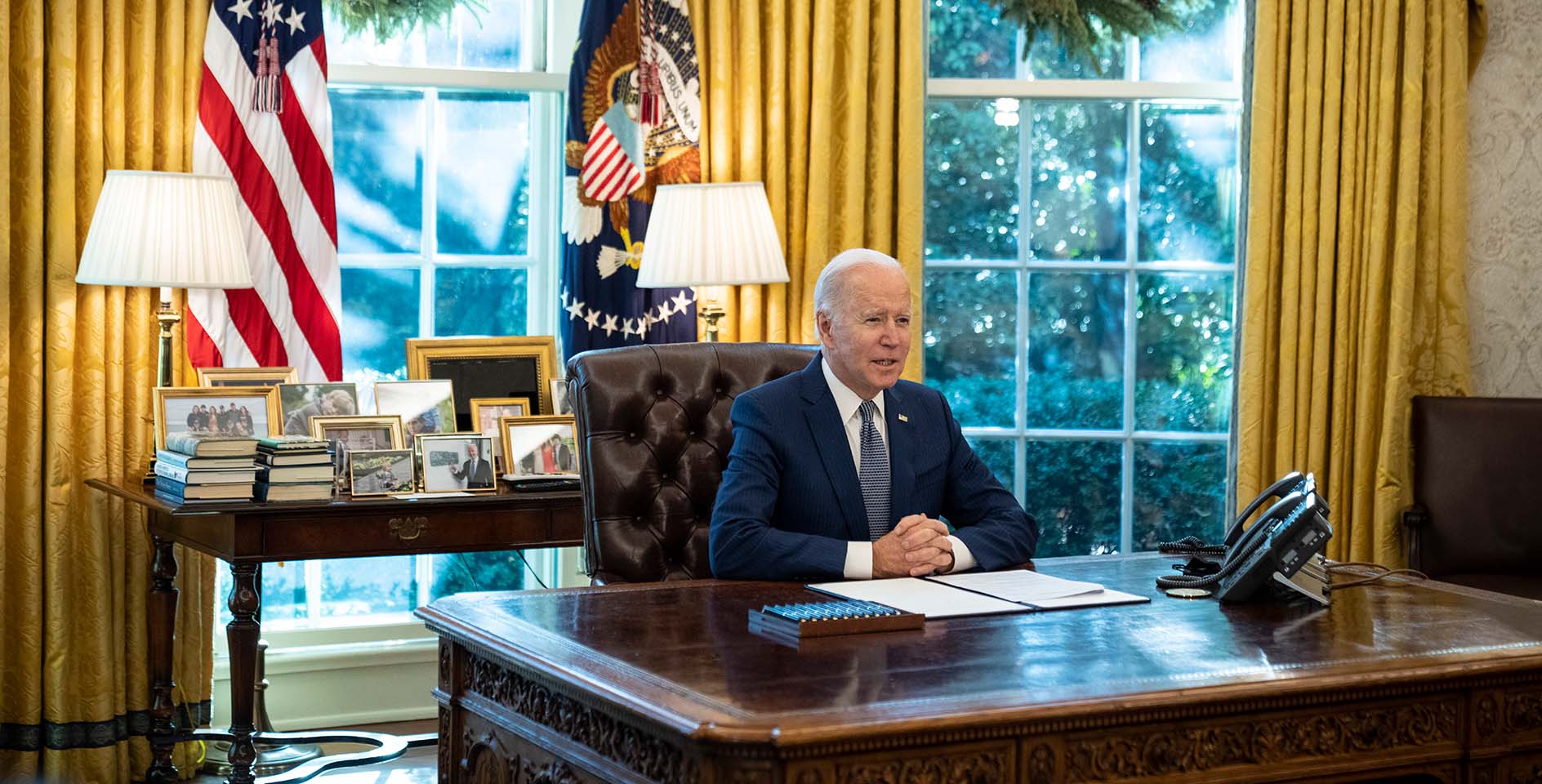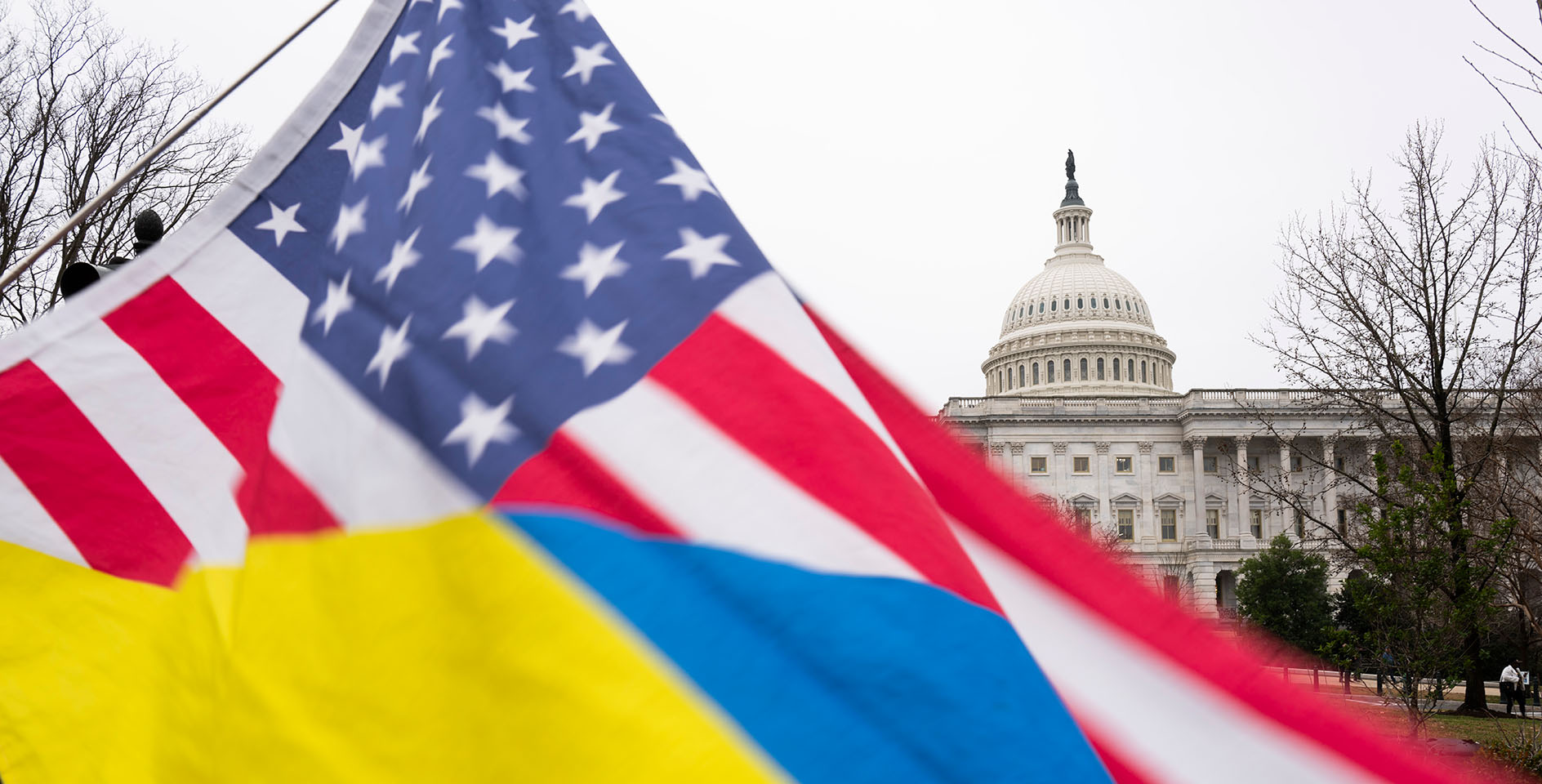On May 1, 2024, the United States Commission on International Religious Freedom (USCIRF) released its 2024 religious freedom Annual Report, which details key developments during 2023 and commemorates 25th anniversary of the International Religious Freedom Act (IRFA). IRFA is a “landmark law” that made “promoting the guaranteed right to freedom of religion or belief a [key] priority in U.S. foreign policy.” Here is an overview of the 2024 report.
Key findings, recommendations, and developments in the 2024 religious freedom report
The USCIRF summarized its key findings by stating that in 2023 “the Joseph R. Biden administration maintained its support for many initiatives related to international religious freedom” and then listed a handful of examples that evidenced the administration’s support.
The report highlighted the U.S. State Department’s:
- designation of “12 countries as ‘countries of particular concern’ (CPCs) … for engaging in or tolerating particularly severe violations of religious freedom,”
- placement of “five countries on its Special Watch List (SWL) for religious violations,”
- and designation of eight “Entities of Particular Concern (EPCs), which are nonstate actors that engage in severe violations of religious freedom.” The list of EPCs includes Al-Shabaab, Boko Haram, the Houthis, the Taliban, and others.
With its key findings, the 2024 report also includes a lengthy list of recommendations to the administration and Congress. Some of those recommendations include:
- Lifting the waiver on four CPC-designated countries: Pakistan, Saudi Arabia, Tajikistan, and Turkmenistan. USCIRF is typically opposed to the use of these waivers since it relieves the administration from the duty to comply to some of the requirements of the CPC designation;
- Advocating for five additional countries, including Nigeria, to be designated as a CPC;
- Continue to advocate for the release of religious prisoners of conscience;
- Strengthening the mechanisms of the U.S. Refugee Admissions Program (USRAP) to improve our ability to resettle survivors of religious persecution;
- Introduce and pass legislation that prohibits any person from receiving compensation for lobbying on behalf of foreign governments of countries that the State Department designates as CPCs or places on the SWL.
In the view of the USCIRF, each of these recommendations (and those not mentioned here) strengthens the U.S.’s implementation of IRFA.
The report also outlines the many efforts taken by administration officials, from speaking engagements to travels and advocacy abroad to new programming initiatives, along with the developments that materialized (and those that didn’t) in 2023. It cites:
- both the progress and lack of progress around its recommendations;
- the launch of the new “Without Just Cause Political Prisoners Initiative,” an effort that “seeks to raise international awareness and advocate for the release of political prisoners;”
- and its efforts to address malign foreign influences, individual religious freedom violators, and the issues of refugee resettlement and asylum seekers.
Countries of Particular Concern
The USCIRF recommended that the U.S. State Department designate 17 countries as Countries of Particular Concern. Here are a few countries on that list.
- Afghanistan: As stated in this year’s report, “religious freedom conditions in Afghanistan continued to deteriorate under Taliban rule” in 2023. Ruling by its strict interpretation of Shari’a, the Taliban severely restricts freedom of religion and belief for all Afghans who hold a different interpretation of Islam or who belong to a religious minority group, affecting everything from their dress to employment to education, especially for women and girls.
- China: “In 2023 … The [Chinese] government intensified the implementation of its multifaceted ‘sinicization of religion’ policy, demanding that all major religious groups obey the Chinese Communist Party (CCP) and its ideology and policies.” CCP authorities routinely suppressed and persecuted Christians and Christian churches, Muslims and Muslim mosques, Tibetan Buddhists, and the Uyghurs in the Xinjiang province, barring each group from freely exercising its religious practices. The ERLC has remained vocal in advocating for the Uyghur people.
- Cuba: “In 2023, religious freedom conditions in Cuba remained extremely poor. The government maintained an oppressive legal framework that severely restricted peaceful religious activity, regularly harassed religious leaders and worshipers, and continued to wrongfully imprison individuals for their peaceful religious activity.”
- Nigeria: In 2023, due to violence across Nigeria, religious freedom conditions there were “extremely poor.” Faith-based organizations and worshipers were subjected to attacks, with little effort by the government to protect religious groups, prevent these attacks, or hold accountable those who were responsible. The ERLC has continually advocated for Nigeria to be added to the list of CPCs.
For a full list of CPCs, you can read the full report.
Global developments
The 2024 report concludes by highlighting other key global developments “that impacted religious freedom conditions around the world in 2023, particularly in countries and regions not covered elsewhere in [the] report.”
2023 saw an uptick in what the USCIRF referred to as “transnational repression,” which is the perpetration of religious freedom violations by countries that aim to “silence religious minorities and their advocates abroad.” By far, China “is the world’s most prolific, sophisticated, comprehensive, and far-reaching perpetrator of transnational repression,” executing campaigns that target “diaspora ethnic and religious communities with ties to China, including Uyghurs, Tibetans, Protestant Christians, and Falun Gong practitioners in countries such as the United States, Japan, South Korea, and Thailand.” India and a host of Central Asian countries, including Kazakhstan, Tajikistan, Turkmenistan, and Uzbekistan, were also found to have engaged in transnational repression.
Other developments included:
- the restriction of religious freedom through retained laws and laws being newly considered in countries around the world,
- an uptick in the number and kinds of religious sites being used for military purposes,
- and attacks against religious sites in armed conflicts, including churches, houses of worship, mosques, and monasteries.
How should we respond?
There are at least two ways each of us can respond to the 2024 report, especially in light of the 25th anniversary of the enactment of IRFA.
First, we can pray. Many people here at home and around the world face everything from minor inconveniences to serious difficulties to outright persecution because of their religious beliefs. As Southern Baptists, it is our conviction that “God alone is Lord of the conscience,” that “the state owes to every church (and person of faith) protection and full freedom in the pursuit of its spiritual ends,” and that people of all faiths possess “the right to form and propagate opinions in the sphere of religion without interference by the civil power.”
Where these freedoms are denied to citizens, regardless of their faith tradition, a serious injustice has been perpetrated against them. Thus, we should pray for the men and women around the world being mistreated due to their faith; that these freedoms would be acknowledged and preserved for them, and that in their freedom they would find and follow the Triune God.
Secondly, we can give thanks. That we still enjoy the freedom to exercise our faith freely and openly in this country is a great privilege for which we should be grateful. Likewise, we should give thanks that the U.S. government—as imperfect as it is—values religious freedom so highly that it funds and commissions an entity like the USCIRF to advocate for religious freedom for people all around the world. We should give thanks and pray that the USCIRF would be effective in its work.










